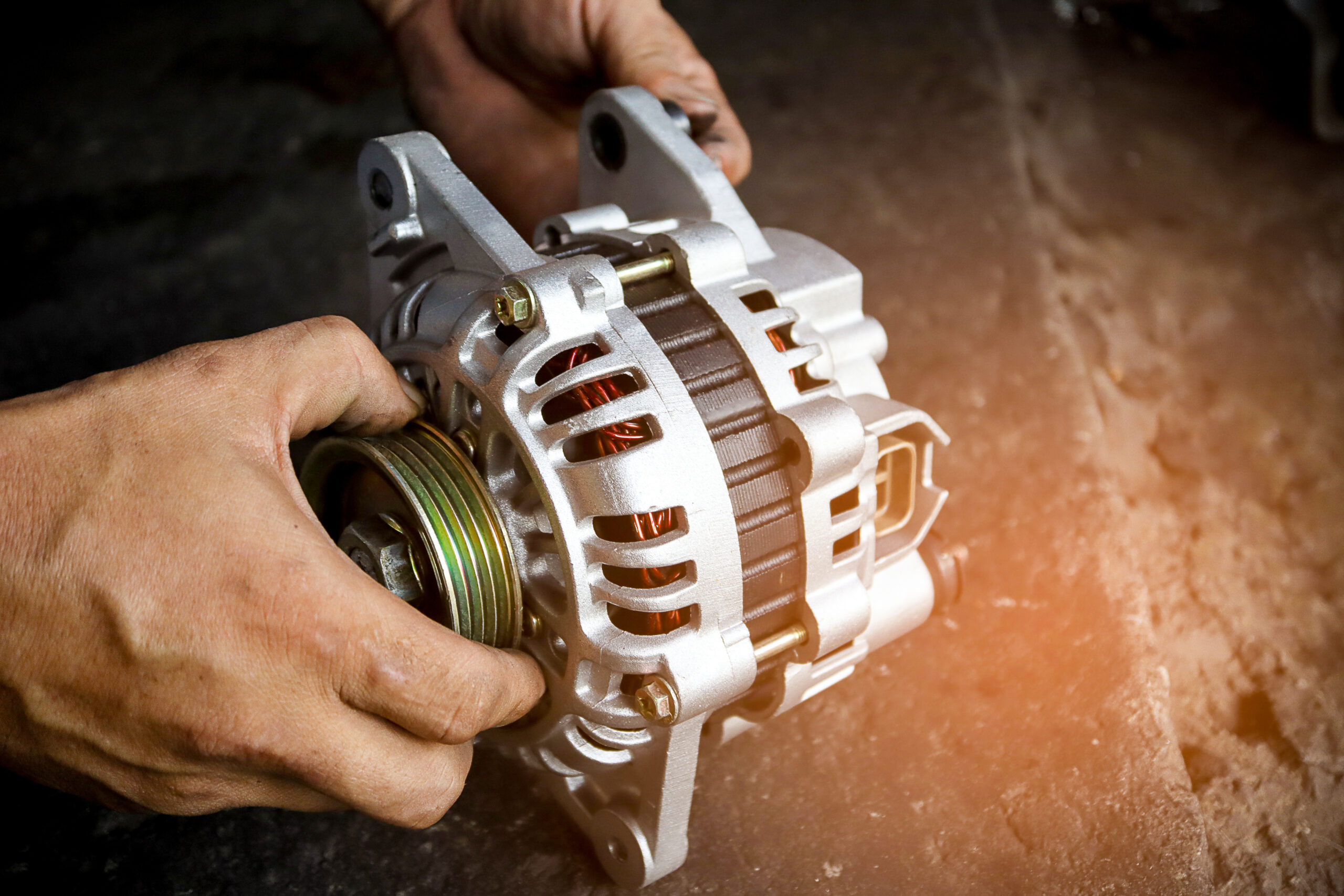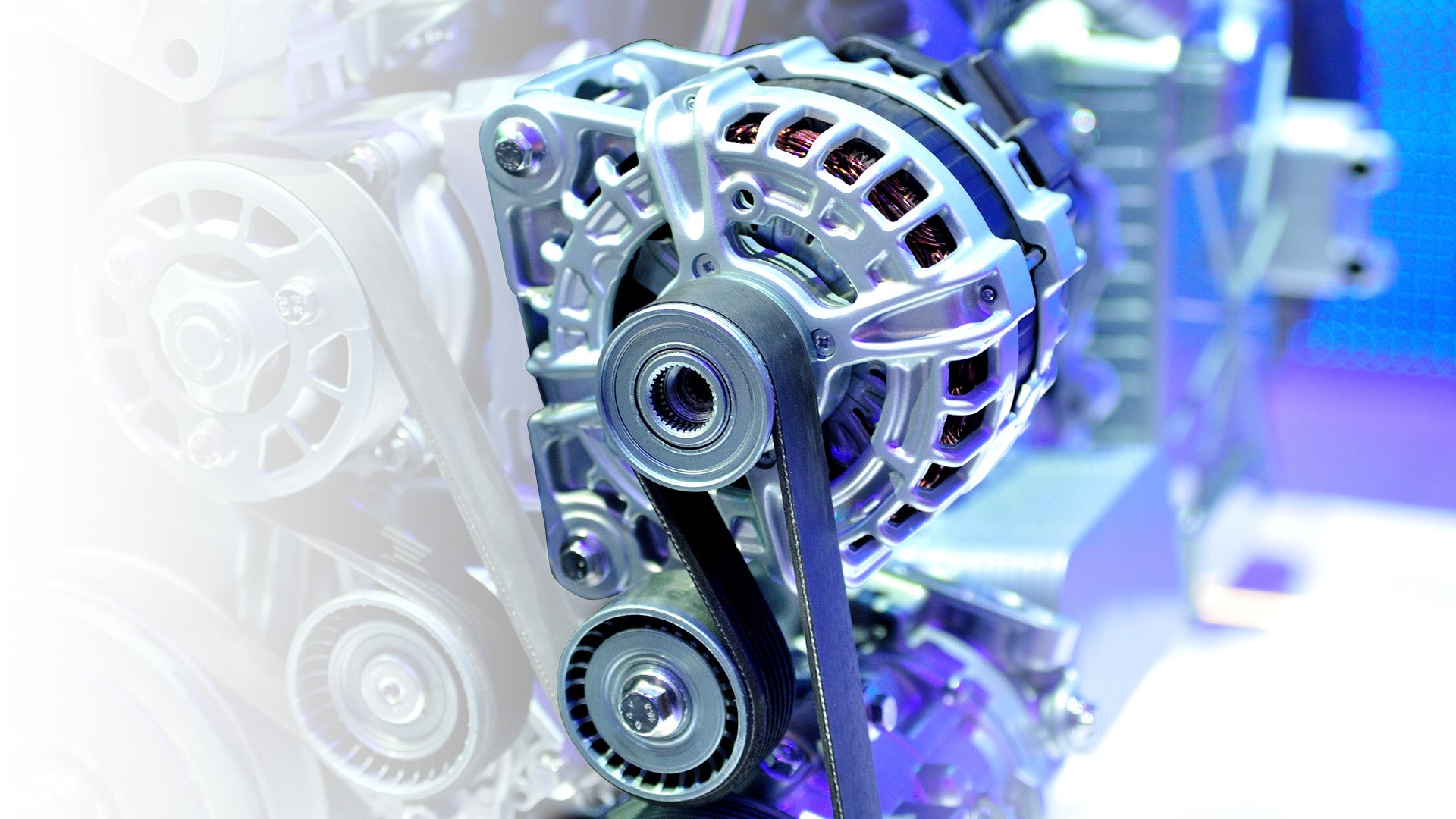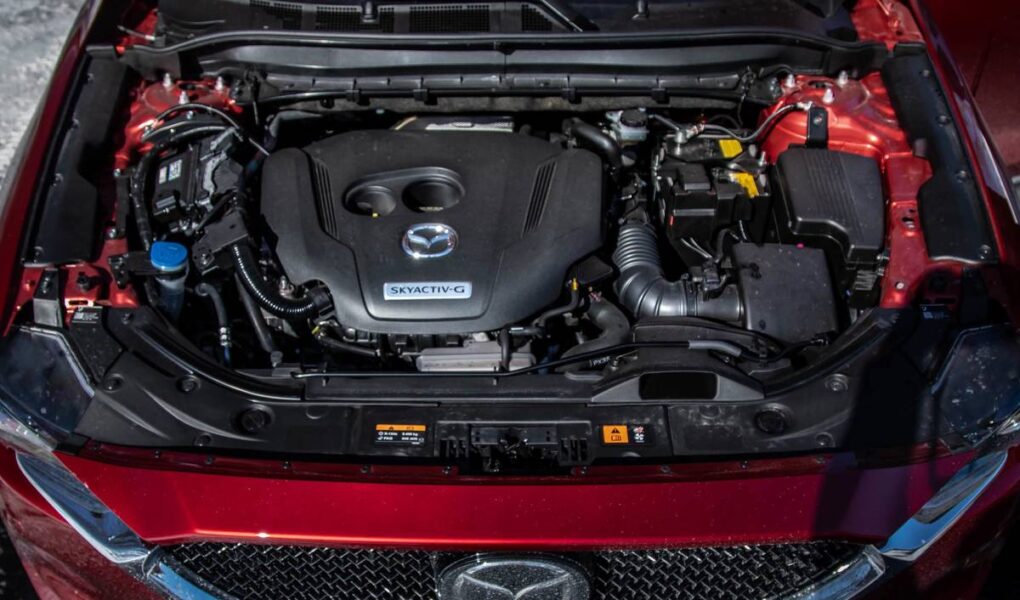Car alternators play a crucial role in modern charging and electrical systems. They are responsible for transforming mechanical energy into electrical power to keep batteries charged and other components of the system running.
Without an alternator, cars would not have the reliable source of electricity they need to operate safely and efficiently. In this article, we will explore what car alternators do, how they work, and their importance in keeping your vehicle functioning properly.
So let’s dive in and take a look at Car Alternators 101: Their Role in Charging and Electrical Systems!
How Do Alternators Work?
An alternator is a device that converts mechanical energy into electrical energy. It works by using an electromechanical process where an electrical current is produced when a magnetic field interacts with the rotor, which causes it to rotate.
Alternators are used to charge the car battery and power all of its electronic systems. This includes headlights, radio, air conditioning, and more.
The alternator also helps regulate the voltage output so that too much or too little power isn’t being sent through any part of the vehicle’s electrical system. Generally speaking, alternators work by converting alternating current (AC) from mechanical motion into direct current (DC). For the engine in your car to produce enough electricity for these components, it must be spinning at a high RPM; this is what allows your alternator to produce sufficient amounts of electricity needed for everything from charging your battery to powering lights and other electronics inside your vehicle.
Understanding the Role of an Alternator

An alternator is an essential part of a car’s electrical system, responsible for generating and maintaining the charge on its battery. Alternators turn kinetic energy from the engine into electricity, which can then be used to power various vehicle components such as lights, air conditioning systems, and audio equipment.
In addition to this primary role of charging the battery over time, modern alternators also act as voltage regulators – ensuring that any excess current produced by them is not sent back through the electrical system or wasted elsewhere in the vehicle. This helps keep all other parts of your car running smoothly.
It’s important to understand how an alternator works so you can properly maintain it; otherwise, it may fail causing serious damage to your car’s overall functioning and safety features.
The Benefits of a Modern Car Alternator
Modern car alternators are a breakthrough in automotive technology. With their high-efficiency design, they save energy and money while providing reliable charging to the vehicle’s electrical system. Alternators are also able to run at higher RPMs which allows them to generate more power for faster charging times.
The latest models of alternators feature advanced voltage regulation and overcharge protection systems that further ensure optimal performance with minimal wear and tear on the unit itself. Additionally, modern alternators provide many other benefits such as better fuel economy, increased engine life expectancy, quieter operation during startup, and improved overall reliability due to reduced maintenance costs associated with traditional starter motors.
All these features make modern car alternators one of the most sought-after components for any type of vehicle today!
Conclusion

The alternator in your car plays an important role in charging and electrical systems. It functions as a generator, converting mechanical energy from the engine into electrical energy that can be used to power accessories like headlights and radios.
Alternators are also responsible for keeping the battery charged during normal driving conditions, making sure you’re not left stranded with a dead battery when you need it most. The startor motor is another key component of any vehicle’s starting system, providing the initial spark needed to get the engine running. As such, both components work together to ensure your car runs smoothly and efficiently at all times.




